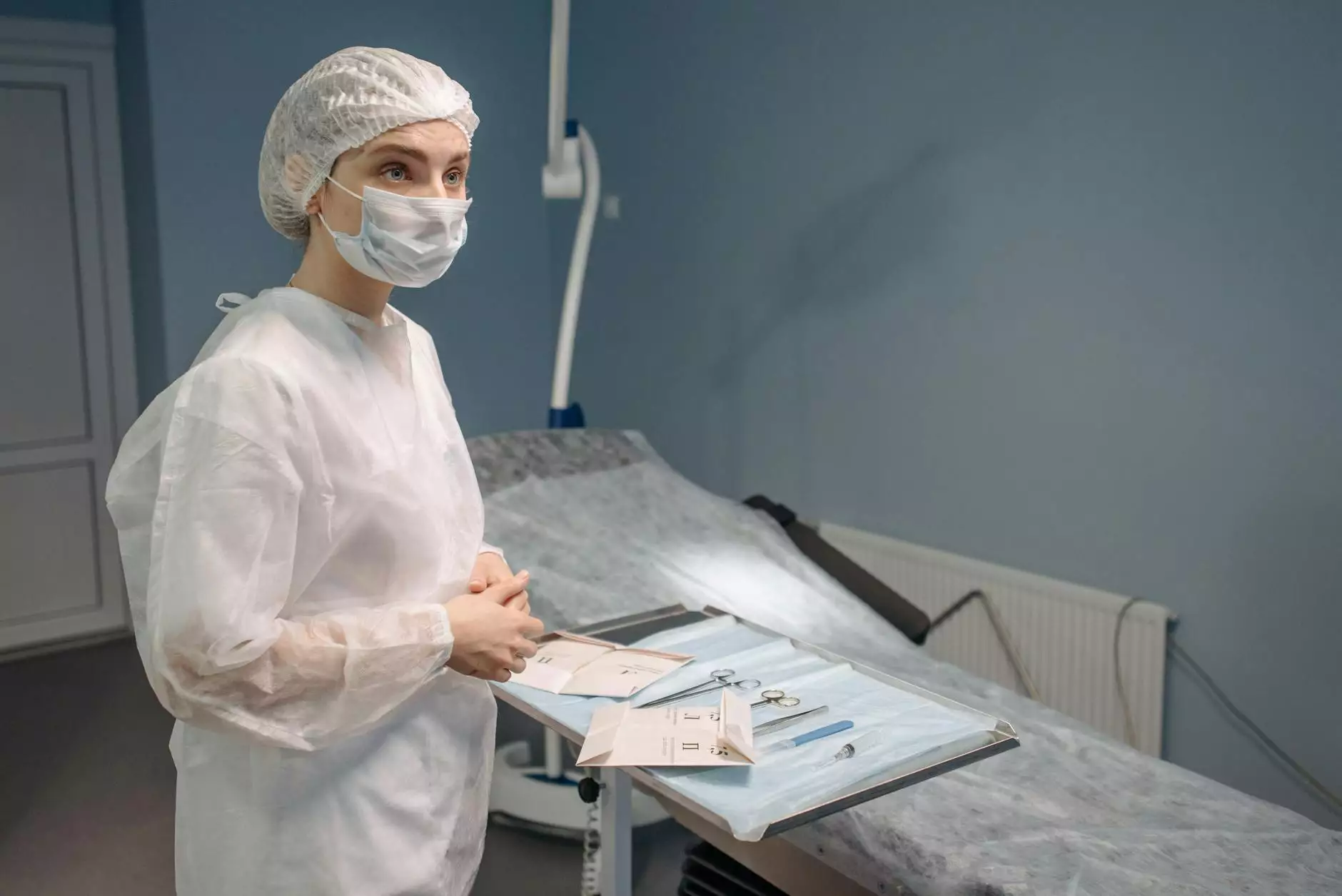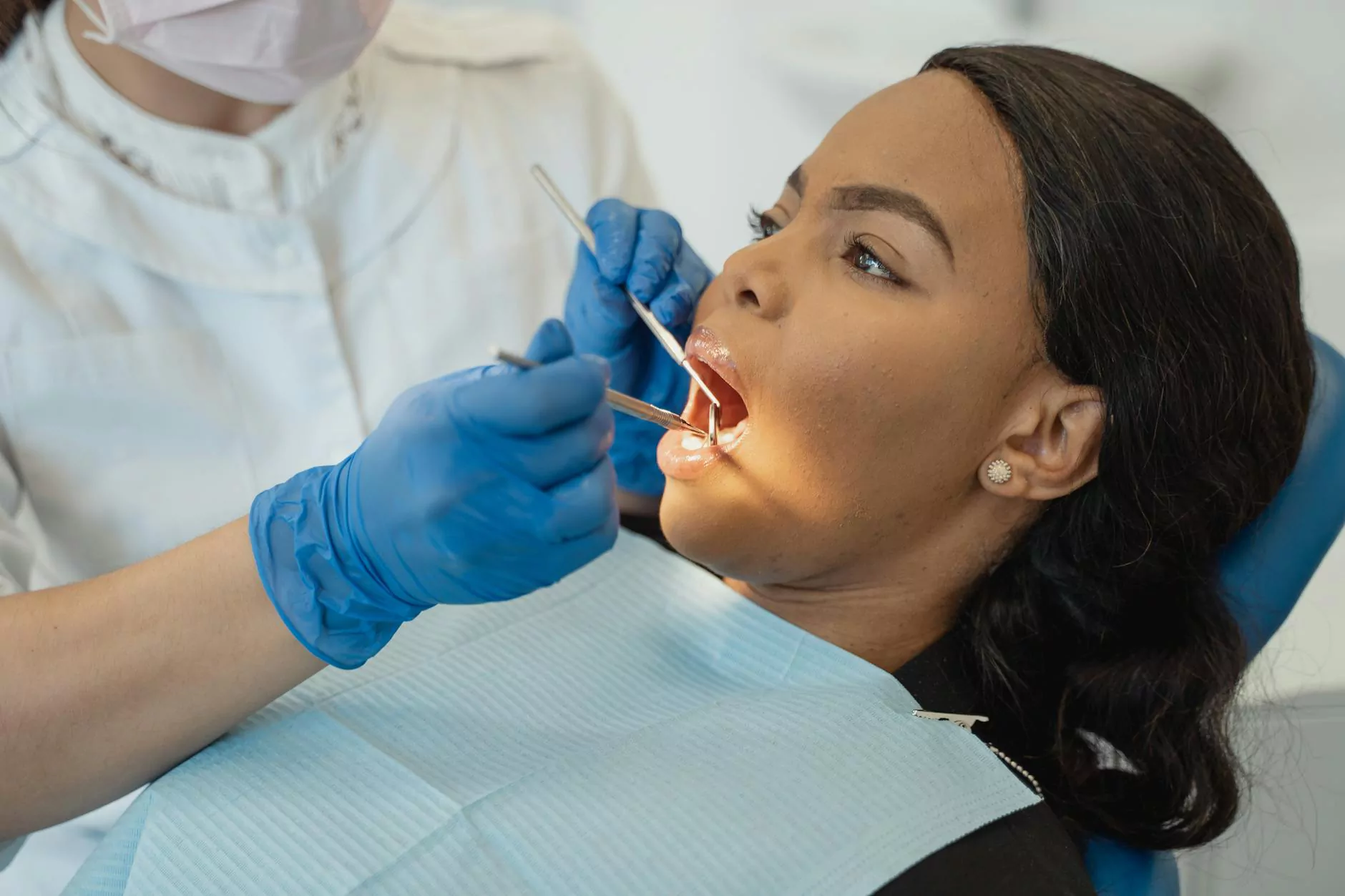Lung Cancer Screening: A Critical Step Towards Better Health

Understanding lung cancer screening is vital in today's world, particularly for those at risk due to factors such as smoking, age, and family history. Early detection through screening can significantly improve outcomes, making it an essential topic in the realm of health and medical discussions.
Why is Lung Cancer Screening Important?
Lung cancer is one of the leading causes of cancer-related deaths globally. The importance of lung cancer screening cannot be overstated, as it facilitates early detection, leading to timely interventions. When lung cancer is caught early, the chances of successful treatment increase dramatically, allowing individuals to reclaim their health.
Who Should Consider Lung Cancer Screening?
The following groups are generally recommended to undergo lung cancer screening:
- Individuals aged 50 to 80 who have a history of heavy smoking.
- Current smokers or those who have quit within the last 15 years.
- People with a family history of lung cancer.
- Individuals with a history of lung diseases or conditions such as emphysema.
How Does Lung Cancer Screening Work?
Lung cancer screening typically involves a low-dose computed tomography (CT) scan. This non-invasive imaging test can detect abnormal areas in the lungs, which may suggest the presence of cancer.
The Screening Process
The screening process generally unfolds as follows:
- Consultation: A consultation with a healthcare provider to evaluate personal and family health history.
- Imaging: Undergoing a low-dose CT scan, which takes only a few minutes and does not require any special preparations.
- Results Analysis: The radiologist reviews the images and sends a report to the healthcare provider, who will discuss the results with the patient.
- Follow-Up Plan: If abnormalities are detected, further tests may be required for a definitive diagnosis.
Benefits of Early Lung Cancer Detection
Early detection of lung cancer has several key benefits:
- Higher Survival Rates: Patients diagnosed at an early stage have significantly higher survival rates compared to those diagnosed in later stages.
- Increased Treatment Options: Early-stage lung cancer may be treated with surgery, radiation, and targeted therapy, enhancing the chances of successful outcomes.
- Better Quality of Life: Early intervention can lead to an improved quality of life, with patients experiencing fewer symptoms and complications.
Potential Risks of Lung Cancer Screening
While lung cancer screening can be life-saving, it is not without potential risks. Patients should be aware of these factors:
- False Positives: Some screenings may indicate the presence of cancer when there is none, leading to unnecessary anxiety and additional tests.
- False Negatives: Conversely, some cancers may go undetected, allowing the disease to progress without treatment.
- Radiation Exposure: Although the dose is low, there is still exposure to radiation with CT scans.
Debunking Myths About Lung Cancer Screening
There are numerous misconceptions surrounding lung cancer screening. Here are a few common myths:
Myth 1: Lung Cancer Screening is Only for Smokers
While smoking is a major risk factor, those with a family history or other lung diseases should also consider screening.
Myth 2: If You Feel Fine, You Don't Need Screening
Lung cancer can be asymptomatic in its early stages. Screening can catch the disease before symptoms arise.
Myth 3: Screening Prevents Lung Cancer
Screening does not prevent cancer; it only helps in detecting it early to allow for timely treatment.
The Role of Healthcare Providers in Lung Cancer Screening
Healthcare providers play a crucial role in ensuring appropriate screening:
- Education: Providers educate patients about the risks and benefits of screening.
- Assessment: A thorough assessment of patient health history and risk factors.
- Monitoring: Continuous monitoring of patients who undergo screening, providing follow-up actions as necessary.
Integrating Lung Cancer Screening in Overall Health Strategy
Lung cancer screening should be part of a comprehensive health strategy. Individuals should:
- Embrace Healthy Lifestyles: Quit smoking, maintain a balanced diet, and engage in regular exercise.
- Stay Informed: Keep up with the latest research and recommendations regarding lung cancer and screening protocols.
- Annual Check-Ups: Attend regular health check-ups to monitor overall well-being and discuss concerns with healthcare providers.
Conclusion: The Imperative of Lung Cancer Screening
In conclusion, understanding and actively participating in lung cancer screening is vital for those at risk. It is an effective tool in the fight against lung cancer and can dramatically improve the chances of survival and quality of life. Empower yourself with knowledge, consult with healthcare professionals, and take proactive steps towards better health.
Call to Action
If you or someone you know falls into the high-risk category for lung cancer, do not hesitate. Consult with a healthcare provider today to discuss screening options and take this crucial step towards a healthier future.









